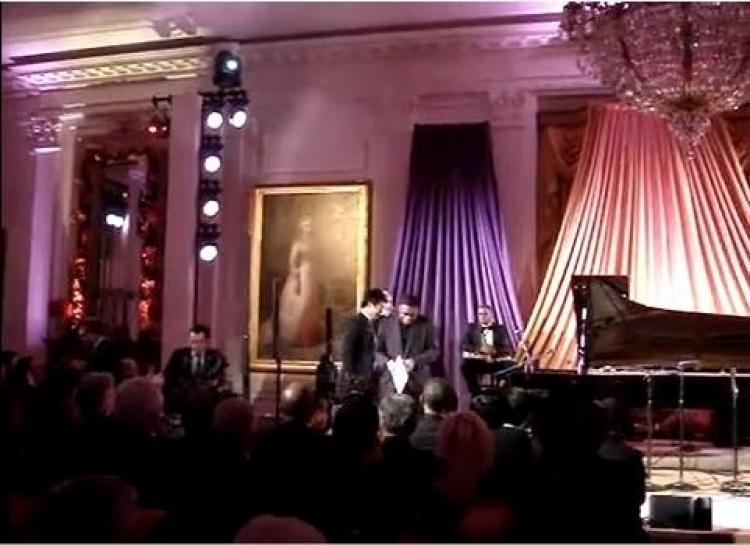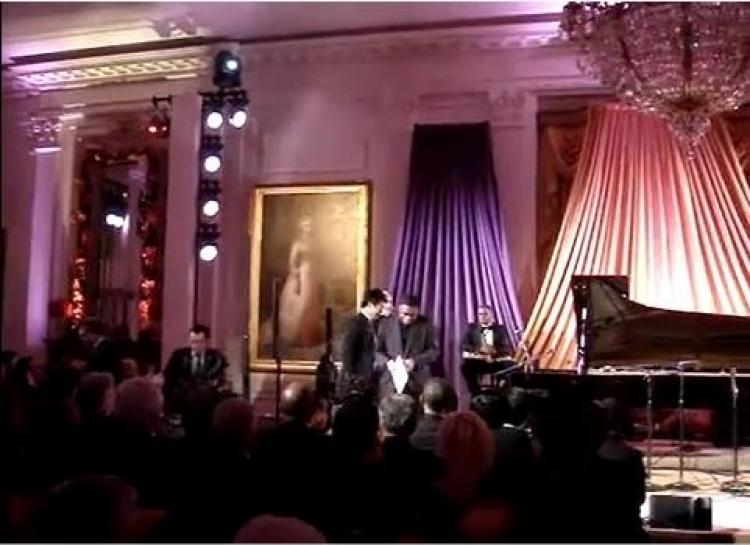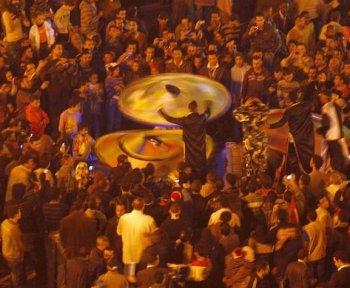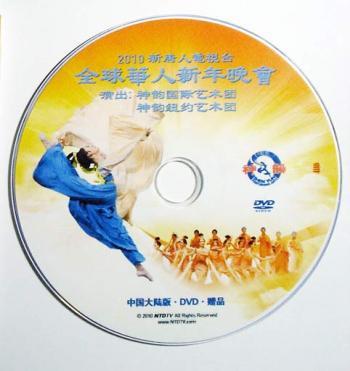Chinese Scholars Aren’t Buying Lang Lang’s Explanations
While some in the U.S. media have been sympathetically reporting Lang Lang’s claims of ignorance, some Chinese scholars are holding him responsible for his performance at the White House state dinner.
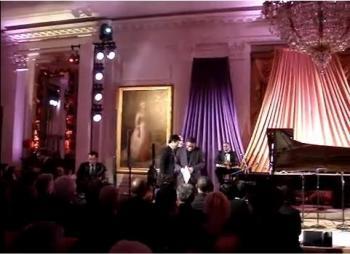
Lang Lang, a Chinese pianist, plays the piano at the White House on Friday, Jan. 21. Screenshot taken from Youtube
|Updated:
